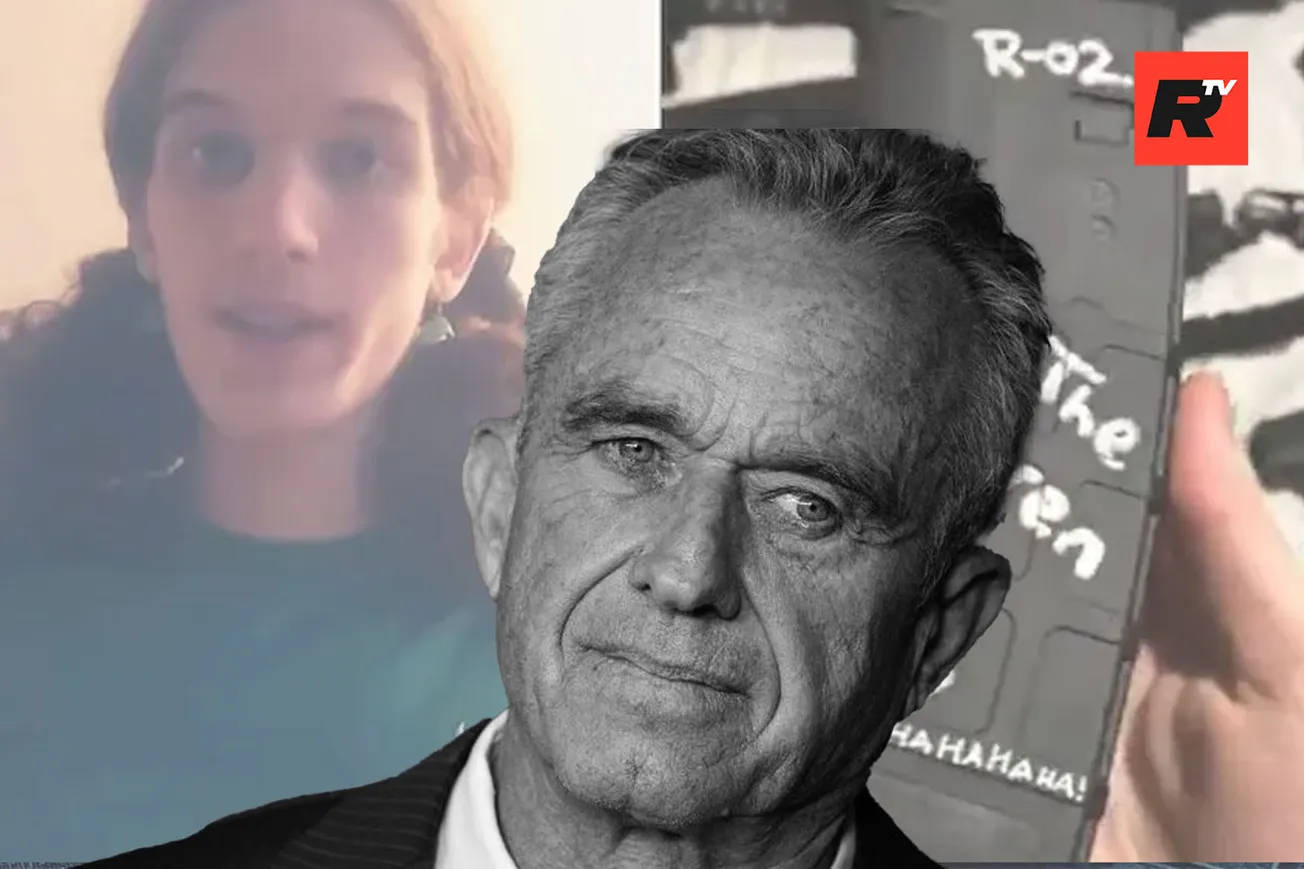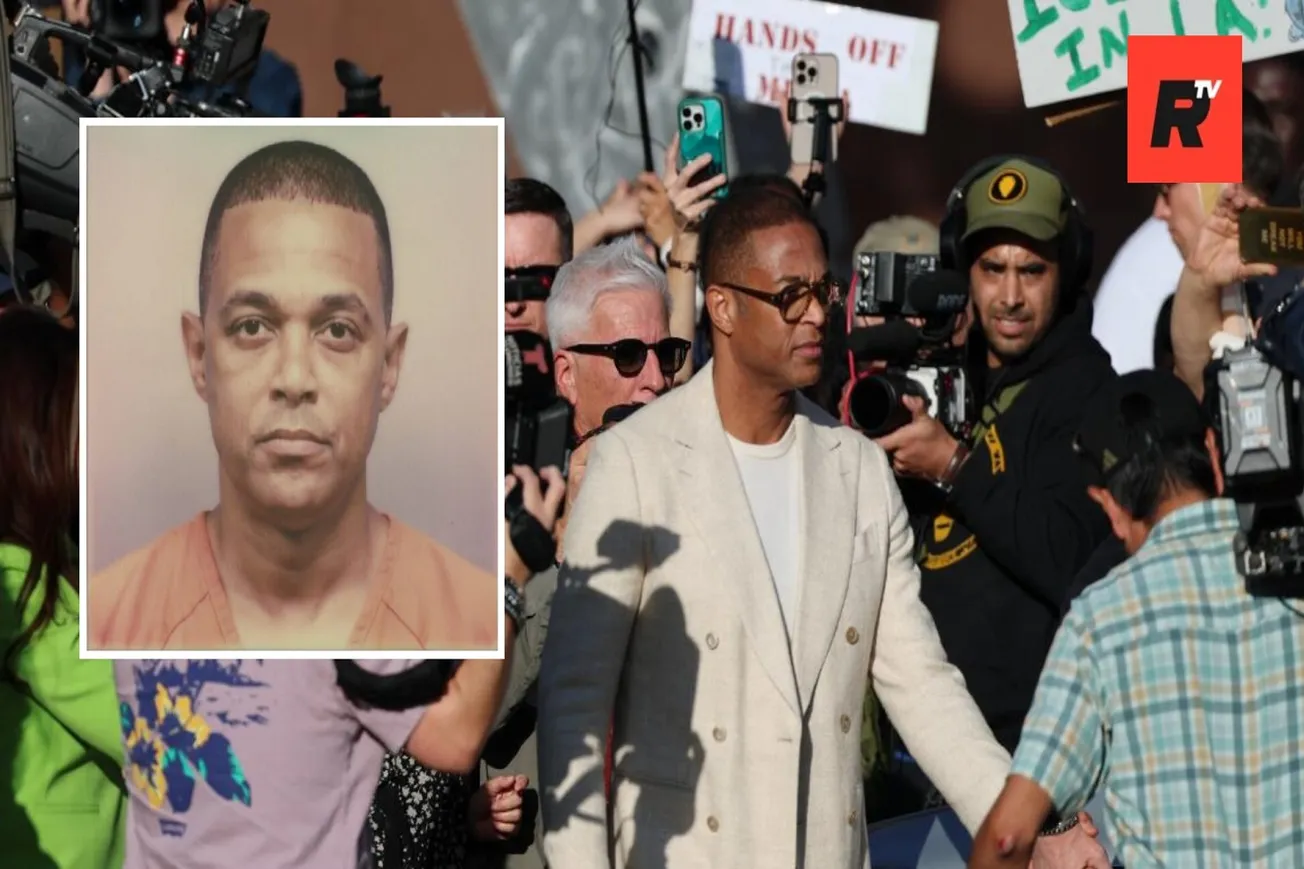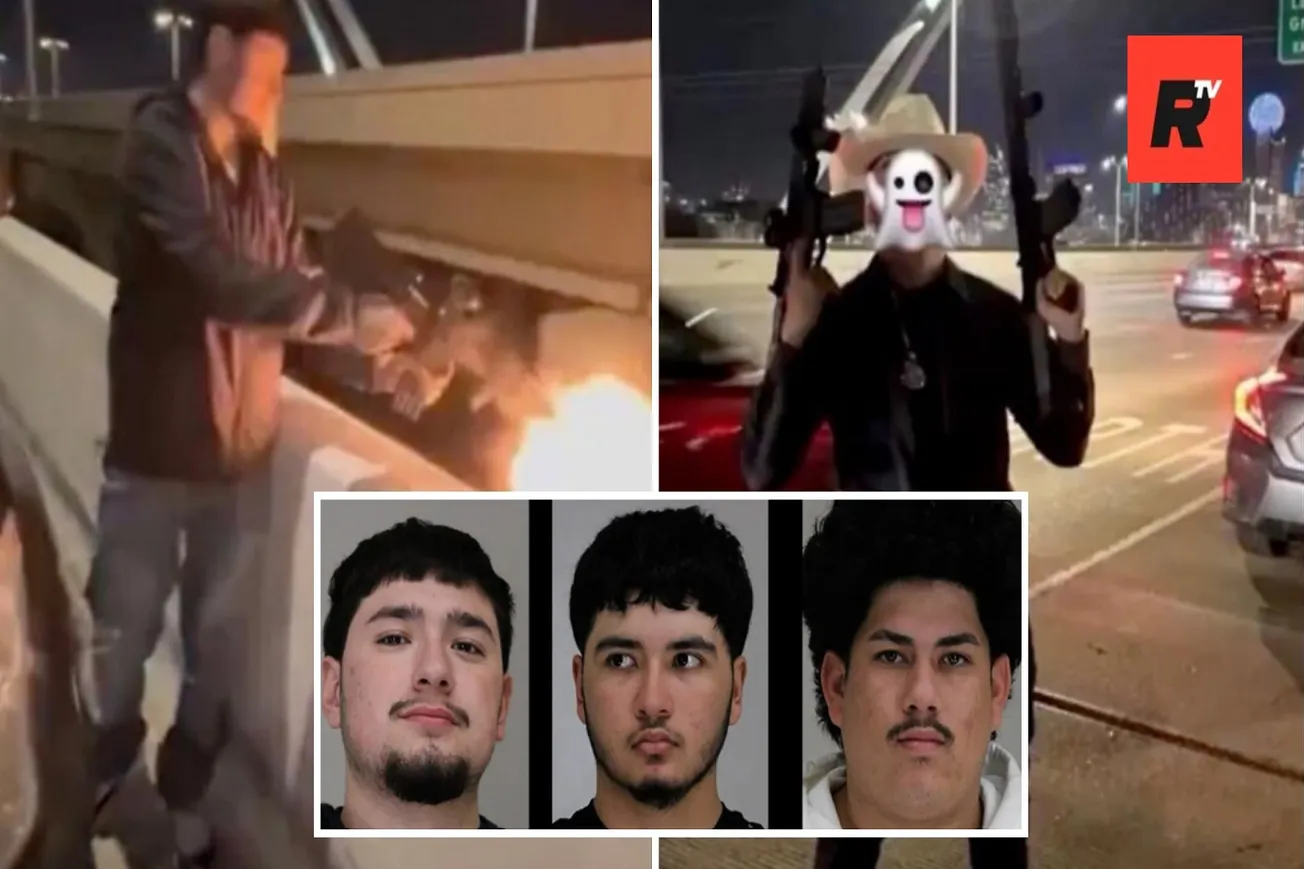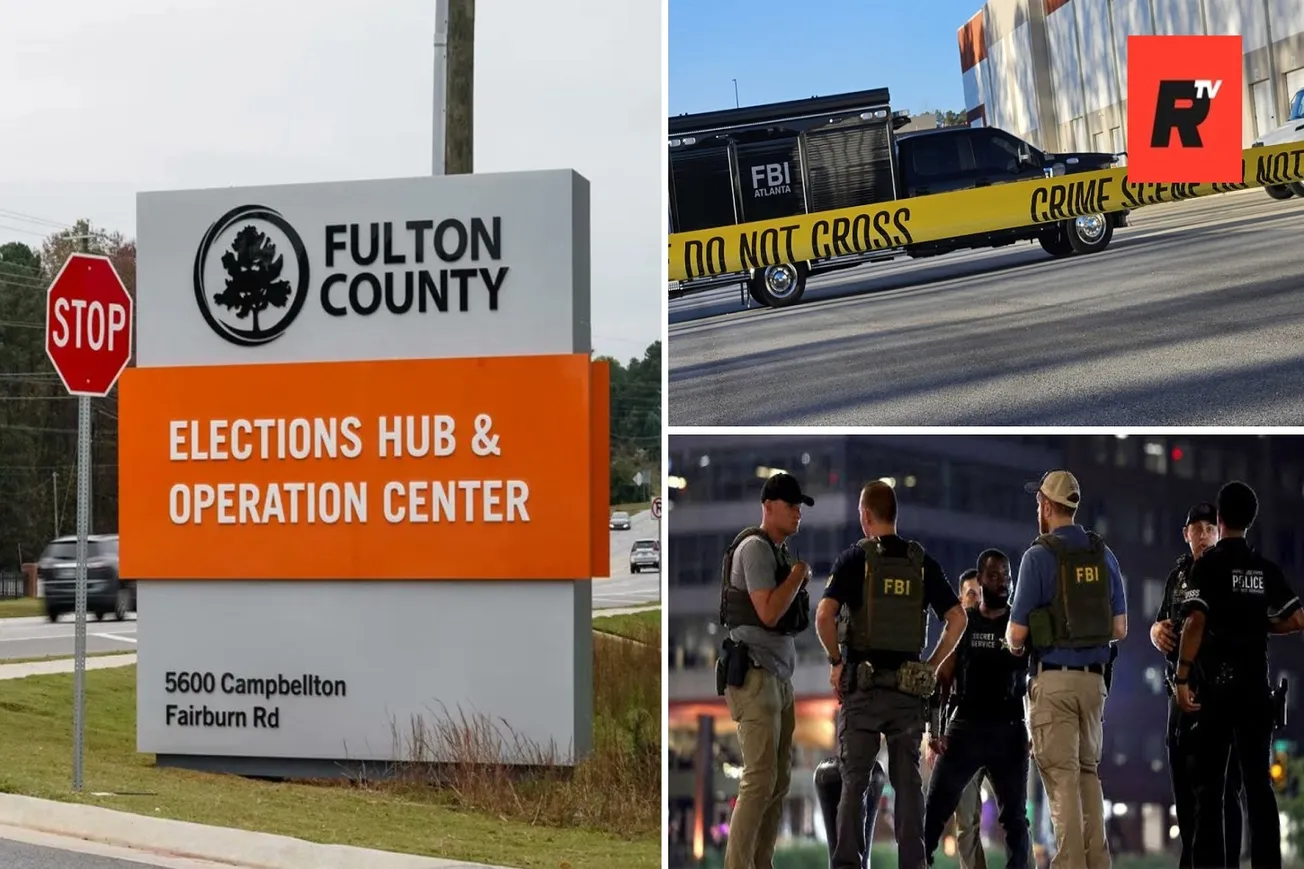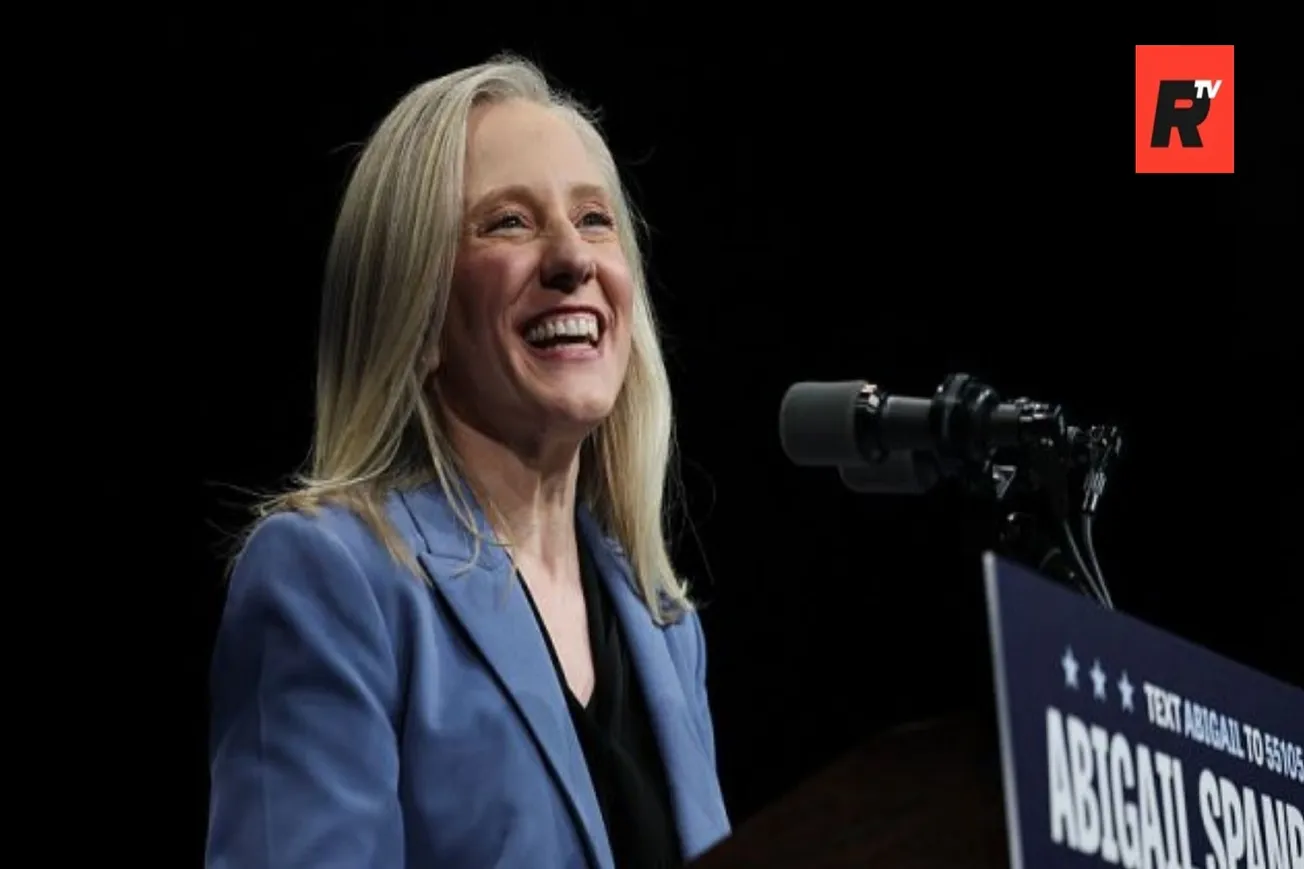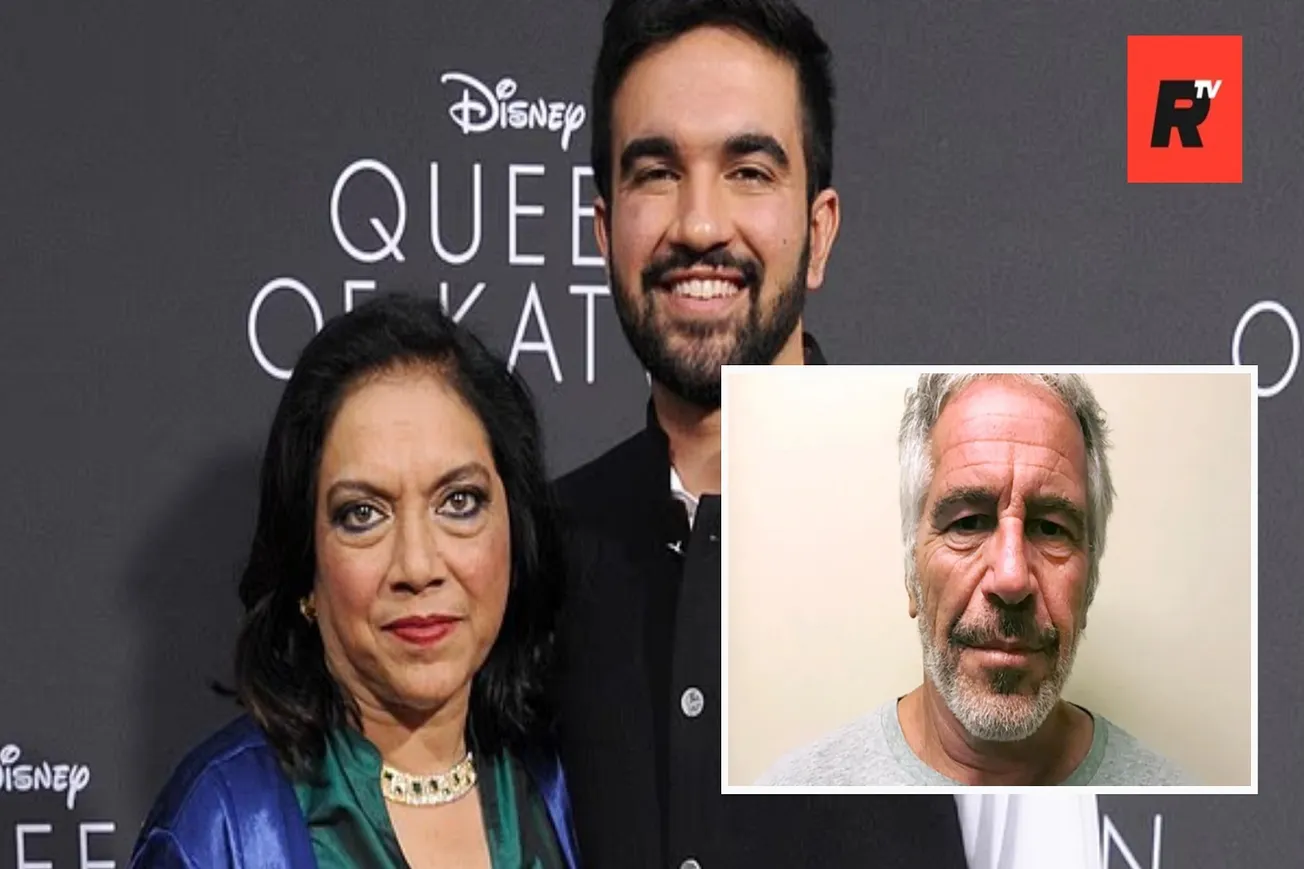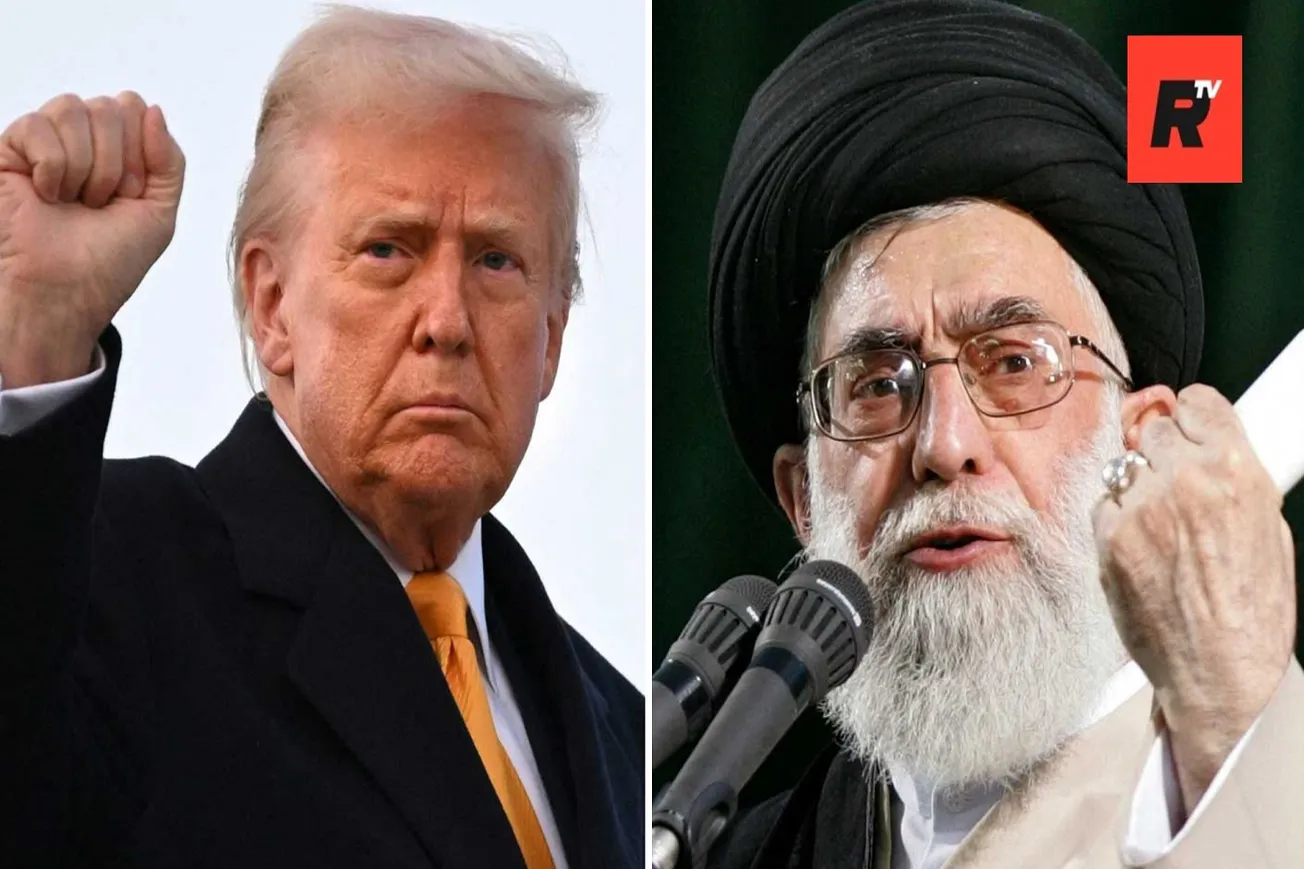Table of Contents
A growing epidemic grips the nation as millions of Americans rely on Selective Serotonin Reuptake Inhibitors, or SSRIs, to combat depression.
These drugs, while widely prescribed, carry a dark shadow: documented risks of homicidal and suicidal ideation.
This dangerous problem now takes center stage as a new federal investigation probes a chilling question—could these medications be fueling the rise in mass shootings?

Health and Human Services Secretary Robert F. Kennedy Jr. announced Thursday a federal investigation into whether drugs taken during transgender shooter Robin Westman’s transition contributed to the deadly mass shooting at Annunciation Catholic School and Church in Minneapolis.
The attack, which killed two children and wounded 17 others, has reignited scrutiny of psychotropic medications, particularly SSRIs, and their potential links to violent behavior.
"We are doing those kind of studies now,” Kennedy told Fox & Friends on Thursday, responding to questions about whether Westman’s transition-related drugs played a role in the shooting.
WATCH:
.@SecKennedy GETS IT: "We're launching studies on the potential contribution of some of the SSRI drugs and some of the other psychiatric drugs that might be contributing to" mass shootings pic.twitter.com/tMn4b9FWuB
— Breitbart News (@BreitbartNews) August 28, 2025
"We are launching studies into their potential contribution," he added, noting similarities to the 2023 Nashville school shooting by transgender individual Audrey Hale.
Kennedy highlighted broader concerns about SSRIs, stating, "Some of the SSRI drugs and some other psychiatric drugs might be contributing to violence."
The HHS secretary did not specify which medications, if any, Westman or Hale were taking.

The FBI is investigating the Minneapolis shooting as an act of domestic terrorism and a hate crime targeting Catholics, Director Kash Patel announced Wednesday following the tragedy.
Westman, 23, who legally changed his name from Robert to Robin in 2020, killed two children, ages 8 and 10, during the first school Mass of the year at the Catholic school.
Dressed in black and camouflage, he barricaded the church doors, fired through stained glass windows, and later took his own life in the parking lot, Minneapolis Police Chief Brian O’Hara confirmed.
Of the 17 wounded, 14 are children, with two in critical condition but expected to survive.
Westman, a former student at the school, expressed suicidal thoughts and regret over his transition, echoing Hale’s profile as a transgender former student of the Nashville Christian school she attacked.
Both left behind detailed plans, with Westman’s mother having worked at Annunciation from 2016 until her 2021 retirement.

Approximately 13.2 percent of U.S. adults—roughly 34 million people—used antidepressants, primarily SSRIs, in the past 30 days, according to the CDC’s 2015-2018 National Health and Nutrition Examination Survey.
Usage is higher among women (17.7 percent) than men (8.4 percent) and increases with age, peaking at 22.7 percent for those over 60.
Are these psychiatric drugs, handed out like candy, turning troubled minds into ticking time bombs?

Kennedy’s investigation builds on existing research correlating psychotropic drugs with mass shootings.
British psychiatrist Dr. David Healy, founder of RxISK.org, asserts that 90 percent of school shootings over the past decade involve perpetrators on SSRIs or similar medications.
"Psychotropic drugs of pretty well any group can trigger violence up to and including homicide,” Healy told WND.
He cautioned that while Sandy Hook shooter Adam Lanza’s medication status in the 2012 Sandy Hook shooting remains unconfirmed, the pattern is clear: "Comfortably over 90 percent of school shootings are linked to medication intake.”
Dr. Peter Breggin, a Harvard-trained psychiatrist, testified before Congress in 2010, citing "overwhelming scientific evidence" linking SSRIs to suicide, violence, and mania.
Notable cases include James Holmes, who was on Zoloft and Klonopin during the 2012 Aurora theater shooting, and Eric Harris, on Luvox during the 1999 Columbine massacre.
Both drugs carry FDA black-box warnings for increased risks of suicidal thoughts and behavior.
A National Institute of Justice-funded study found that many mass shooters share traits like early childhood trauma, identifiable crises, and exposure to prior shooters’ actions, often amplified by access to firearms.
The study noted that 80 percent of school shooters obtained weapons from family members.
Democrats have renewed calls for gun control following the Minneapolis shooting, a predictable response seen after similar tragedies. However, the actual root cause linked to nearly every mass shooting in the U.S. links back to psychiatric drugs.
Over the past 20 years, perpetrators of major U.S. mass shootings, including Stephen Paddock (Las Vegas, 2017), Omar Mateen (Orlando, 2016), and Nidal Hasan (Fort Hood, 2009), were either linked to psychotropic medications in addition to radical ideologies.
The left wants to strip away your Second Amendment rights, pushing gun control as the answer to every tragedy. But the real story here is what’s being ignored: millions of Americans are hooked on SSRIs, drugs tied to violence and suicide, and now RFK Jr. is shining a light on this crisis.
While the media, sponsored by the pharmaceutical industry, ducks the truth, this investigation could expose the dangerous side effects Big Pharma doesn’t want you to know about.
The evidence is piling up, and it’s time we stop ignoring it. Gun control might be the easy talking point for some, but the real answers lie in facing the hard truths about mental health, medication, and what’s driving these tragedies. Stay tuned—this story is far from over.

